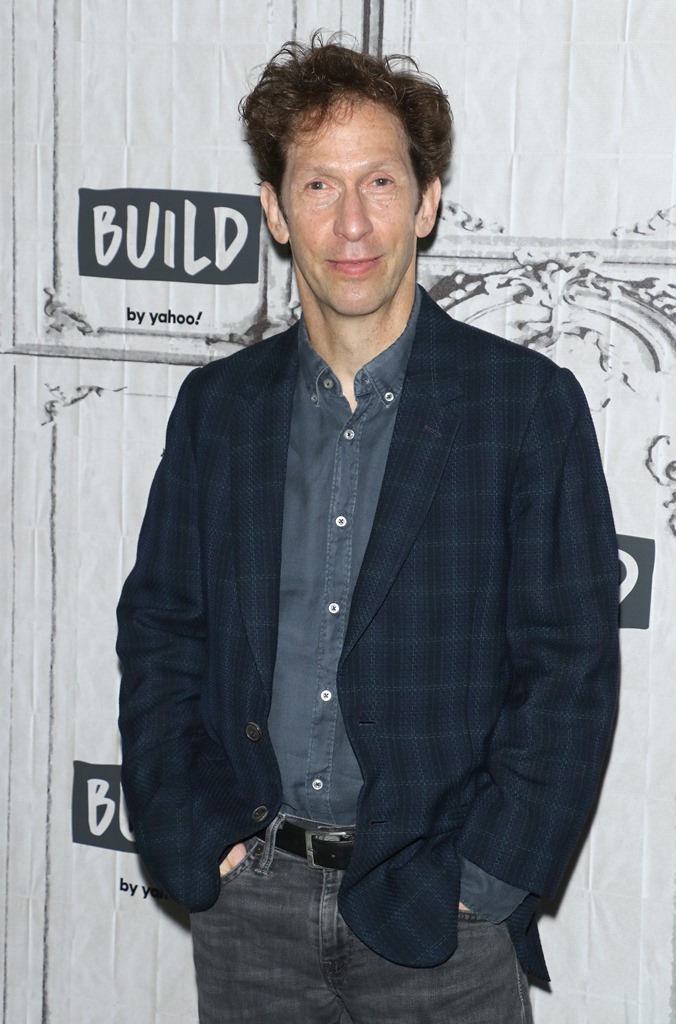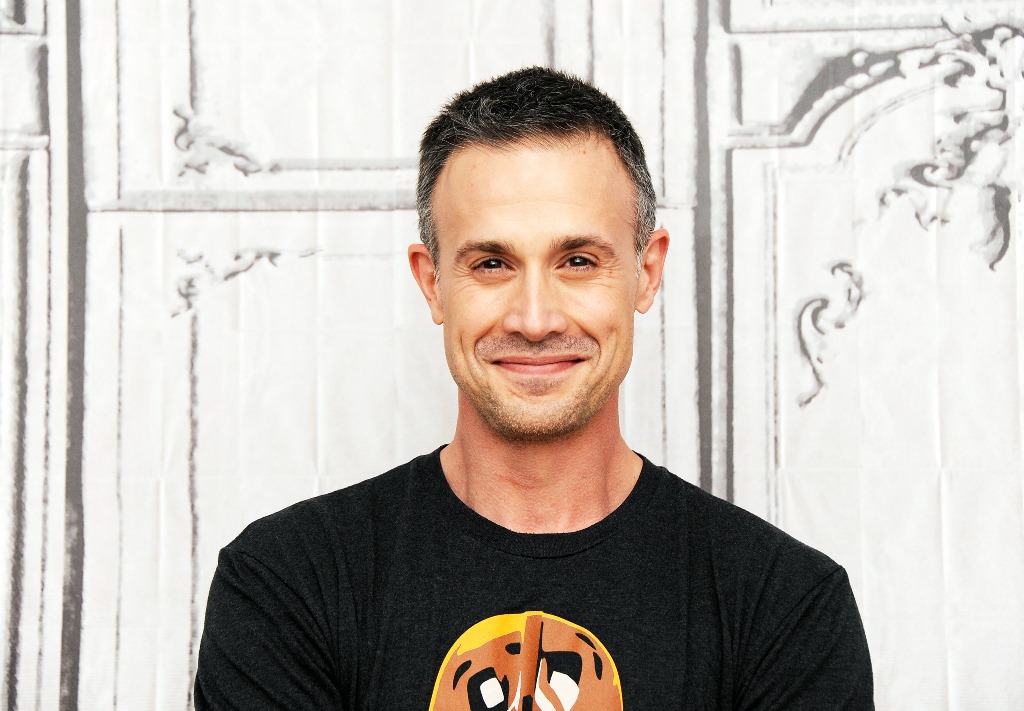Watchmen: New horrors to imagine



THINGS. ARE. HAPPENING. An episode devoted to Looking Glass (Tim Blake Nelson) pulls together a few more threads on Watchmen, bringing us closer to the answers about Will’s grand conspiracy. This is the best episode of Watchmen yet, in no small part thanks to Nelson who gives us the most laid-back, laconic performance of anxiety ever. Looking Glass, real name Wade, is a survivor of Adrian Veidt’s 1985 faux-squid attack, an event that has left him paranoid and anxious, so much so he drills relentlessly for the next squid attack and always wears reflective material on his head, to protect against the psychic fall out from “inter-dimensional events” (explains his cop mask, anyway). What’s so brilliant about Wade’s backstory is that the squid attack ties directly into a cruel teenaged prank played on Wade, so it’s impossible to separate the trauma of the squid and trauma of the mean teens. This is another perfect example of Watchmen walking the line of grounded reality and superhero fantasy. I think it treads this boundary better than any other attempt at “dark and gritty” superheroes.
Of course, Wade is not alone in his anxiety, so he leads a support group for others struggling with the mental and emotional fallout from the squid attack. The tragedy of this episode is two-fold. One tragedy is the very real suffering of all these people from the very fake squid attack. They believe they’re at the mercy of a random and cruel universe—I mean, we all are—but really they suffered and are still suffering because of the egotism and cruelty of one man. There are no interdimensional portals, the squid itself is not a real threat. It was a vicious illusion created by one man: Adrian Veidt. He meant to give the world a greater threat than the one we pose to each other, but that peace was ultimately only temporary. The world of Watchmen in 2019 is not any safer or better off than our real world. Which is the second tragedy—Veidt wanted peace, but all he did was make people more fearful, which only leads to more conflict. It’s clear that whatever is going on in Tulsa is happening in part because another cruel man learned the secret of Veidt’s deception, and wants to use it for his own gain, so more suffering is being unleashed on the world.
That man is Senator Keene. There is absolutely zero chance he was going to turn out to be a good guy, not with that accent. The picture is becoming clearer, that the Seventh Kavalry intends to use a portal machine, but we still need to know for what and why. If Keene and Judd worked together as de facto leaders of warring factions to keep peace, what caused the Seventh Kavalry to break it? Why did a Kavalry member kill that cop at the beginning of the series? Was it part of the plan, or, on the brink of taking action, did a member go rogue and act out? We’re at the frustrating part of the jigsaw where you can almost make out the picture, but you’re missing just enough pieces to not quite get it.
Also, we need to talk about Pale Horse. In this world, Steven Spielberg made Pale Horse, a film about the squid attack, instead of Schindler’s List. But World War II happened in this universe, with Nazis and the atom bomb and everything. Does the removal of Schindler’s List mean the greatest trauma of the 20th century, in this alternate reality, is considered the squid attack, and not the Holocaust? That’s…dark. And, look, three million people died in the squid attack. The world is convinced there are aliens and inter-dimensional portals. People would definitely make movies about it.
But consider what it means for a populace to believe their worst nightmare is a space squid and NOT the evil of their fellow man. One of the few certainties of humanity is that we are our own worst enemy. That’s why so many of our stories are about how we bring about our own destruction, and why it is almost impossible for us to imagine futures where we DON’T annihilate our own species. We could be wiped out by an asteroid any moment—we know it has happened to another species!—but we are not paralyzed by that fear the way we are by the fear of our own disaster. We fear what we do to each other far more than we fear any other existential threat. But in the world of Watchmen, that fear has, apparently, been eclipsed by the space squid. Mankind no longer sees itself as its greatest existential threat, now mankind sees random space squids as its greatest threat. If you change the fundamental existential fear of a species, how does that change the world? If we stop fearing ourselves, what greater cruelty would we be capable of? I’m not sure Watchmen is going to answer this question, but I hope they try.
Shout Outs
• Just Tim Blake Nelson, in general. He’s SO good, and this episode was designed as a showcase for all that excellence.
• “We’re the FBI, we bug sh-t” should become their official motto.
• To the reader, I’m sorry I can’t find the email or your name, who shared the theory that Veidt was on Mars. Not quite, but CLOSE ENOUGH. Ten points to your Hogwarts house.

